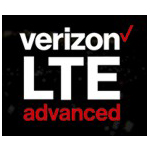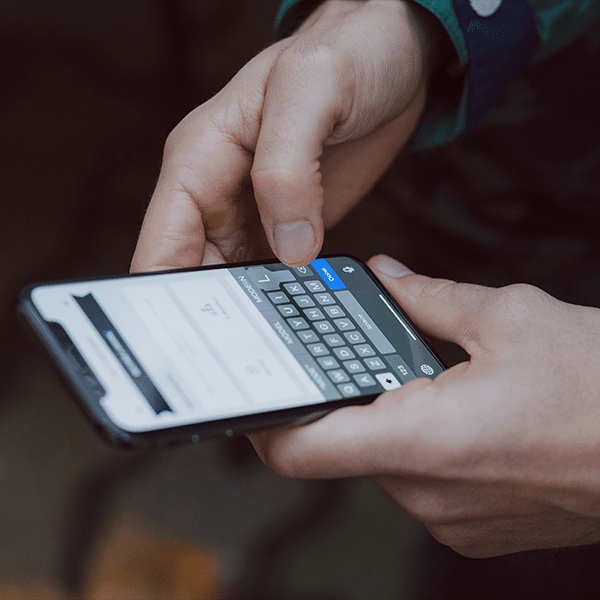 Using Licensed Assisted Access (LAA) technology, Verizon and vendor partners Ericsson and Qualcomm achieved near gigabit wireless speed of 953 Mbps. The Verizon LAA trial took place during a ‘dynamic, real-world environment’ in Boca Raton, Florida, the carrier announced.
Using Licensed Assisted Access (LAA) technology, Verizon and vendor partners Ericsson and Qualcomm achieved near gigabit wireless speed of 953 Mbps. The Verizon LAA trial took place during a ‘dynamic, real-world environment’ in Boca Raton, Florida, the carrier announced.
Verizon claims this is the fastest announced speed achieved in a real-world, dynamic network environment leveraging LAA technology. The trial utilized an Ericsson radio, the micro radio 2205, and a Qualcomm Snapdragon 835 mobile platform test device, which leverages a gigabit LTE capable Snapdragon X16 LTE modem, according to the carrier.
“Today’s milestone is a great example of our approach to new technology – we deploy the latest capabilities reliably and in real-world environments, not just in a lab,” said Nicola Palmer, Chief Wireless Network Officer for Verizon in a press release. “By continuing to deploy the latest technologies on our 4G LTE Advanced network, we pave the way for better and faster performance for the things our customers do now, and provide the groundwork for our future advancements.”
Verizon is using a combination of technologies to achieve this gigabit LTE performance. They include four carrier aggregation of both licensed and unlicensed spectrum, 4X4 MIMO, and 256 QAM. To take advantage of these speed enhancements, consumers will need mobile devices capable of gigabit LTE. There are already a few on the market, including the Samsung Galaxy S8, with more coming. Apple iPhone fans may have to wait though, with reports suggesting the next iPhone will not support gigabit LTE.
From Gigabit LTE to 5G
There’s a bit of a gigabit LTE race taking place. Both AT&T and Sprint have made announcements regarding their gigabit LTE intentions. Both Sprint and AT&T are utilizing three carrier aggregation, but have announced a path to the same four carrier aggregation that Verizon is using in this Boca Raton trial. T-Mobile recently tested LAA on their live network, reaching peak download speeds of 741 Mbps. Like Verizon, T-Mobile also claimed their LAA test was the first of its kind.
All of this mobile broadband evolution is taking place on the path to 5G, creating confusion that is often perpetuated by the carriers. For example, AT&T calls their gigabit LTE technology 5G Evolution, causing one critic to call the service fake 5G. Gigabit LTE is not 5G, given the completely new and different 5G standard has not even been approved yet and commercial mobile 5G deployments aren’t expected until 2020 at the earliest. But it does represent a path towards 5G, yet also proving 4G LTE still has quite a bit of runway left.

